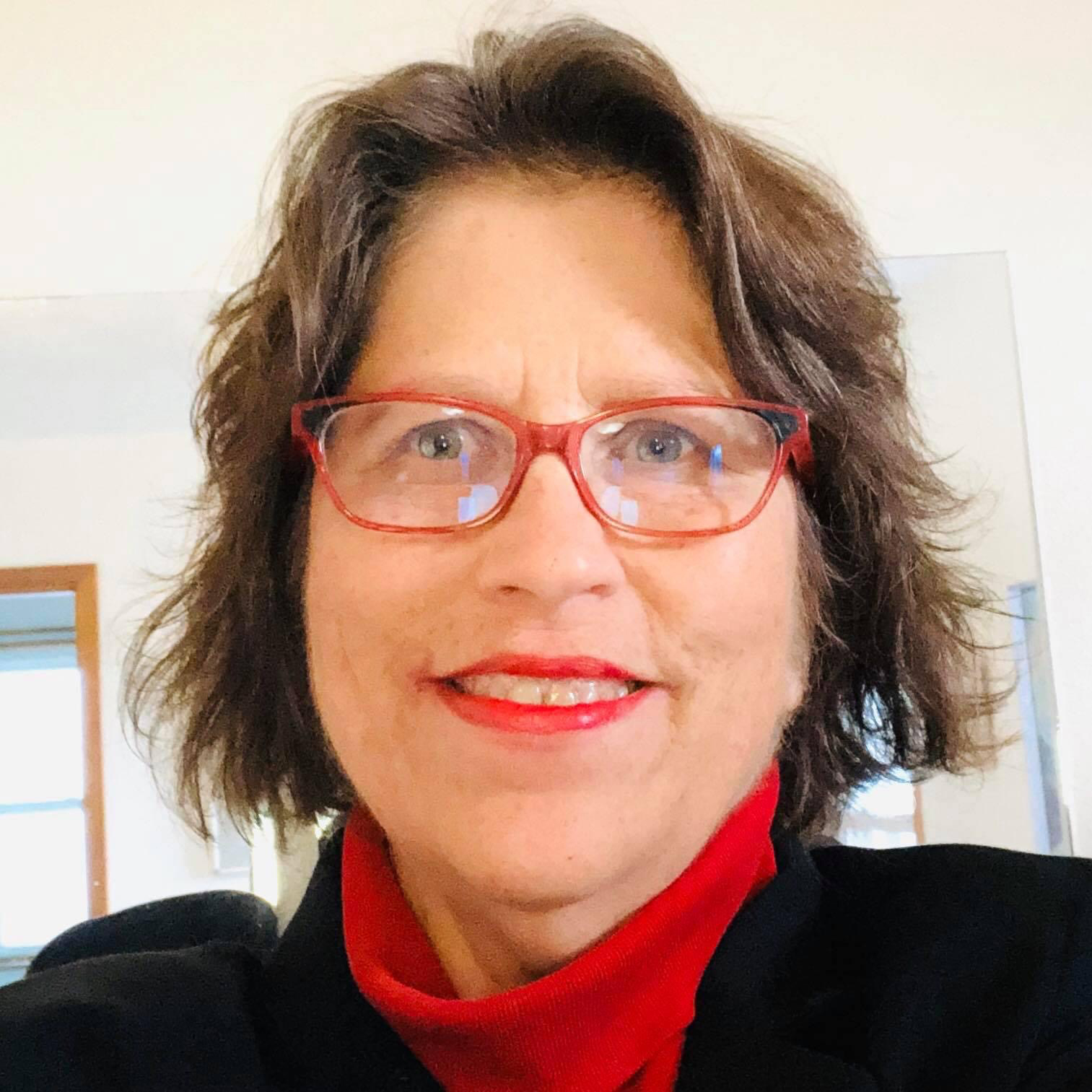
Debra Chandler Landis is a freelance journalist who reports on issues related to health and wellness, social justice, education, and diversity.
Take these steps now to shore up your future as you age
Chicagoan Joy Loverde was in her 20s when she began planning for retirement. That decision, says the eldercare expert, was key.
“I was newly divorced and the solo parent of a 4-year-old daughter. My first course of action was to seek the advice of a certified financial planner and elder law attorney for estate planning purposes,” says Loverde, author of Who Will Take Care of Me When I’m Old? and The Complete Eldercare Planner. “The decision to seek legal and financial advice early on proved to be invaluable.”
Retirement planning, Loverde says, should start early and evolve as people grow older and their incomes, jobs, health, family relationships, and housing needs evolve.
Estate planning
A basic estate plan consists of four things: a will, a revocable trust, power of attorney for healthcare, and power of attorney for property, says Kerry Peck, managing partner with the Peck Ritchey law firm in Chicago.
People may avoid estate planning for a variety of reasons, including mistakenly thinking estate planning is only for the wealthy and simply not wanting to talk about death, Peck says.
But planning now allows for peace of mind later. Talking with your family about your plans and putting them in writing can help you avoid long and expensive court proceedings, Peck says. It can also provide for your surviving spouse.
“The decision to seek legal and financial advice early on proved to be invaluable.”
“Let’s say you are married, and you and your spouse have adult children who are now on their own and earning good incomes. If you die without a will, your estate would be divided equally among your spouse and adult children. I don’t think that’s what a husband or wife wants for their surviving spouse,” he says.
Wills should name guardians of minor children, Peck says, noting, “If both parents should die and neither has a will, their minor children could become wards of the state, and family members would need to petition the courts for guardianship.”
A revocable trust, which allows you to manage your assets when you are alive, avoids the probate process and may reduce estate taxes.
Healthcare power of attorney grants a specific person legal authority to make decisions on your behalf concerning your medical condition. This person could make decisions about your treatment and care should you become sick, injured, or unable to make decisions on your own.
The power of attorney for property gives a specified person the ability to manage real estate, bank accounts, and stocks in the event that you are unable to do so yourself.
Attorney fees for drawing up an estate plan differ depending on the estate details. You may choose to make your own will and establish power of attorney through websites such as legalzoom.com or nolo.com. State governmental agencies also have documents available online.
Financial planning
Retirement planning is important. “Early on, my financial adviser emphasized the importance of preparing for the day I could no longer create income,” Loverde says.
She recommends asking yourself questions about your future: How much money will I need to lead a life of dignity and joy in retirement? What lifestyle preferences do I need to consider? What financial steps do I need to take? Where can I find experts to help me get answers to these questions?
It’s important to plan for yourself, as well as to talk to aging parents about their finances. “The critical need to start talking about money and financing long-term care with your immediate family is now,” Loverde says.
A daily money manager can help people keep track of their own finances and those of their retired parents, says Ifaat Bosse, CPA, a Chicago-area daily money manager and president of Bottom Line Financial.
 “Money managers oversee clients’ asset allocation and manage their securities portfolios,” she says. “Daily money managers also work with individuals and assist with the personal finances on a day-to-day basis, including bill payment, autopay, budgeting, tax organization, and work with insurance companies and other entities.”
“Money managers oversee clients’ asset allocation and manage their securities portfolios,” she says. “Daily money managers also work with individuals and assist with the personal finances on a day-to-day basis, including bill payment, autopay, budgeting, tax organization, and work with insurance companies and other entities.”
Long-term care insurance can cover home care and extended nursing home stays that Medicare may not. A variety of products for long-term care insurance are available, including linked-benefit policies that combine long-term care benefits with life insurance, says Gail Steingold, founder and principal of Burling Insurance Group Long Term Care in Chicago.
“The best time to look for a long-term care policy is when you are in good health and not already receiving home care or residing in an assisted or skilled nursing facility,” she says. “I find the best ages to begin this part of one’s planning is between 45 and 60.”
For all of these items, it’s best to start planning now, while you have the time and good health to plan in advance. As Loverde discovered, planning early will help you safeguard your future.






